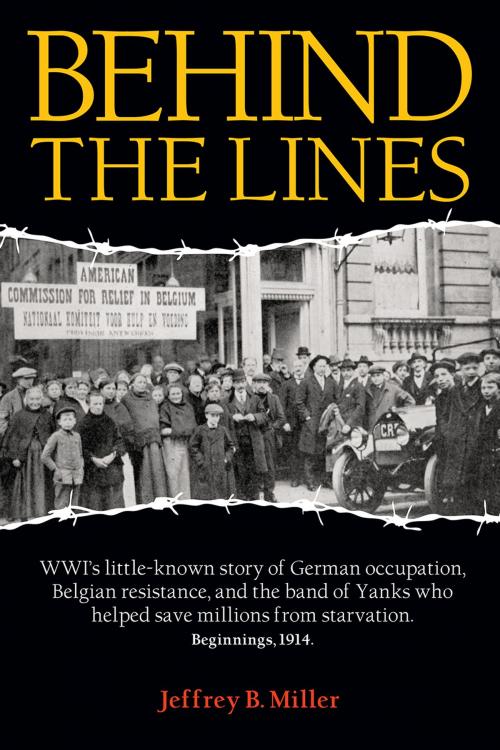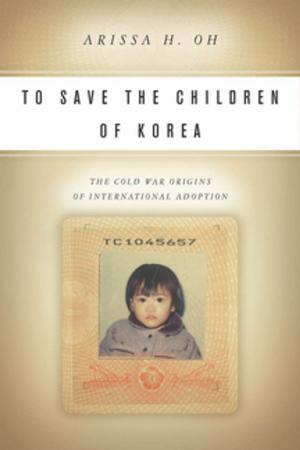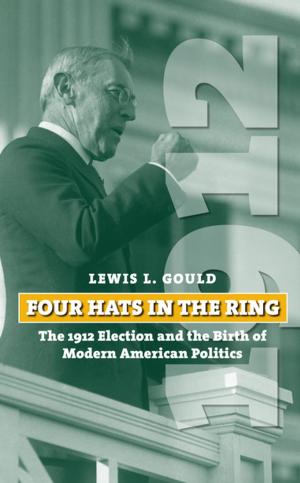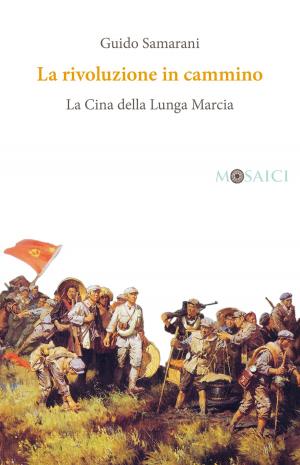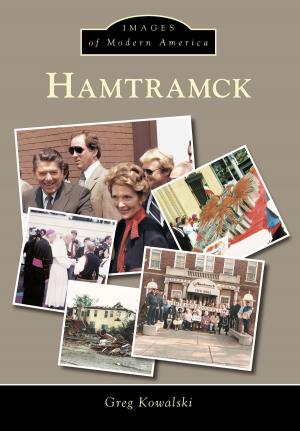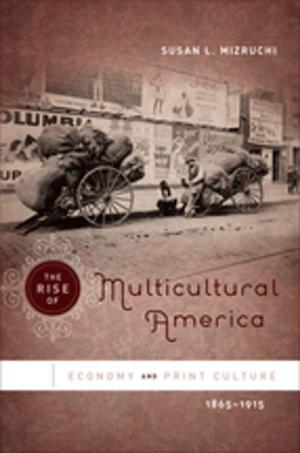Behind the Lines
WWI's little-known story of German occupation, Belgian resistance, and. . .
Nonfiction, History, Americas, United States, 20th Century| Author: | Jeffrey B. Miller | ISBN: | 9780990689317 |
| Publisher: | Milbrown Press | Publication: | September 18, 2014 |
| Imprint: | Language: | English |
| Author: | Jeffrey B. Miller |
| ISBN: | 9780990689317 |
| Publisher: | Milbrown Press |
| Publication: | September 18, 2014 |
| Imprint: | |
| Language: | English |
The CRB: This nonfiction book tells the story of one of America’s greatest humanitarian efforts. During World War I, the Commission for Relief in Belgium (CRB) initiated, organized, and supervised the largest food and relief drive the world had ever seen. Working in concert with its counterpart in Belgium, the Comité National, the CRB fed and clothed for four years more than 9 million Belgians and northern French trapped behind German lines. The CRB delegates: Most of them were young, idealistic Americans who volunteered to go into German-occupied Belgium to guarantee the food would not be taken by the Germans. They had to maintain strict neutrality in what they said and did as they watched the Belgians suffer under the harsh German regime. The book: The interlacing stories of German brutality, Belgian resistance, and the Americans of the CRB all began back in those chaotic days of August 1914, when the Germans attacked Belgium on their way to France. Few could have guessed it then, but the invasion was a toppling domino that caused a tumbling together of extraordinary people into a chain reaction of life-and-death situations far from the trenches and killing fields of World War I. And hanging in the balance were millions of civilian lives. It is a story that few have heard. It’s all true: Through lively personal details, this nonfiction book follows a handful of CRB delegates, a twenty-two-year-old Belgian woman, two U.S. diplomats, the head of the CRB, and two Belgians—a businessman and a priest—who team up to fight the German occupation.
The CRB: This nonfiction book tells the story of one of America’s greatest humanitarian efforts. During World War I, the Commission for Relief in Belgium (CRB) initiated, organized, and supervised the largest food and relief drive the world had ever seen. Working in concert with its counterpart in Belgium, the Comité National, the CRB fed and clothed for four years more than 9 million Belgians and northern French trapped behind German lines. The CRB delegates: Most of them were young, idealistic Americans who volunteered to go into German-occupied Belgium to guarantee the food would not be taken by the Germans. They had to maintain strict neutrality in what they said and did as they watched the Belgians suffer under the harsh German regime. The book: The interlacing stories of German brutality, Belgian resistance, and the Americans of the CRB all began back in those chaotic days of August 1914, when the Germans attacked Belgium on their way to France. Few could have guessed it then, but the invasion was a toppling domino that caused a tumbling together of extraordinary people into a chain reaction of life-and-death situations far from the trenches and killing fields of World War I. And hanging in the balance were millions of civilian lives. It is a story that few have heard. It’s all true: Through lively personal details, this nonfiction book follows a handful of CRB delegates, a twenty-two-year-old Belgian woman, two U.S. diplomats, the head of the CRB, and two Belgians—a businessman and a priest—who team up to fight the German occupation.
